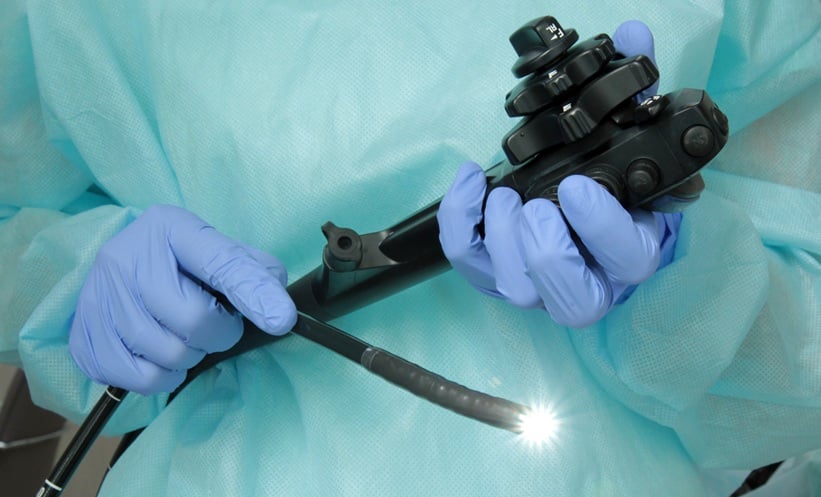The interleukin-23p19 inhibitor guselkumab has demonstrated significant benefits as both induction and maintenance therapy in patients with moderately to severely active ulcerative colitis (UC), according to results from the phase 3 QUASAR studies published in The Lancet. The trials evaluated the drug’s safety and effectiveness in individuals who had not responded adequately to conventional or advanced UC therapies.
In the induction study, patients receiving intravenous guselkumab were nearly three times more likely to achieve clinical remission at 12 weeks compared to those given placebo (23% vs. 8%, p<0.0001). Those who responded to induction were then enrolled in a maintenance study, where they continued treatment with subcutaneous guselkumab or switched to placebo.
By week 44 of the maintenance phase, half of the patients receiving 200 mg every four weeks achieved clinical remission, as did 45% of those on 100 mg every eight weeks—substantially higher than the 19% remission rate in the placebo group. Safety outcomes were favourable, with similar rates of adverse events across groups and no serious concerns such as anaphylaxis or liver toxicity reported.
The results highlight guselkumab’s strong therapeutic potential for UC, offering sustained symptom control with a well-tolerated safety profile. The dual action of the drug—neutralising interleukin-23 and binding to CD64—may contribute to its effectiveness, providing hope for patients seeking new options in managing chronic inflammatory bowel disease.








